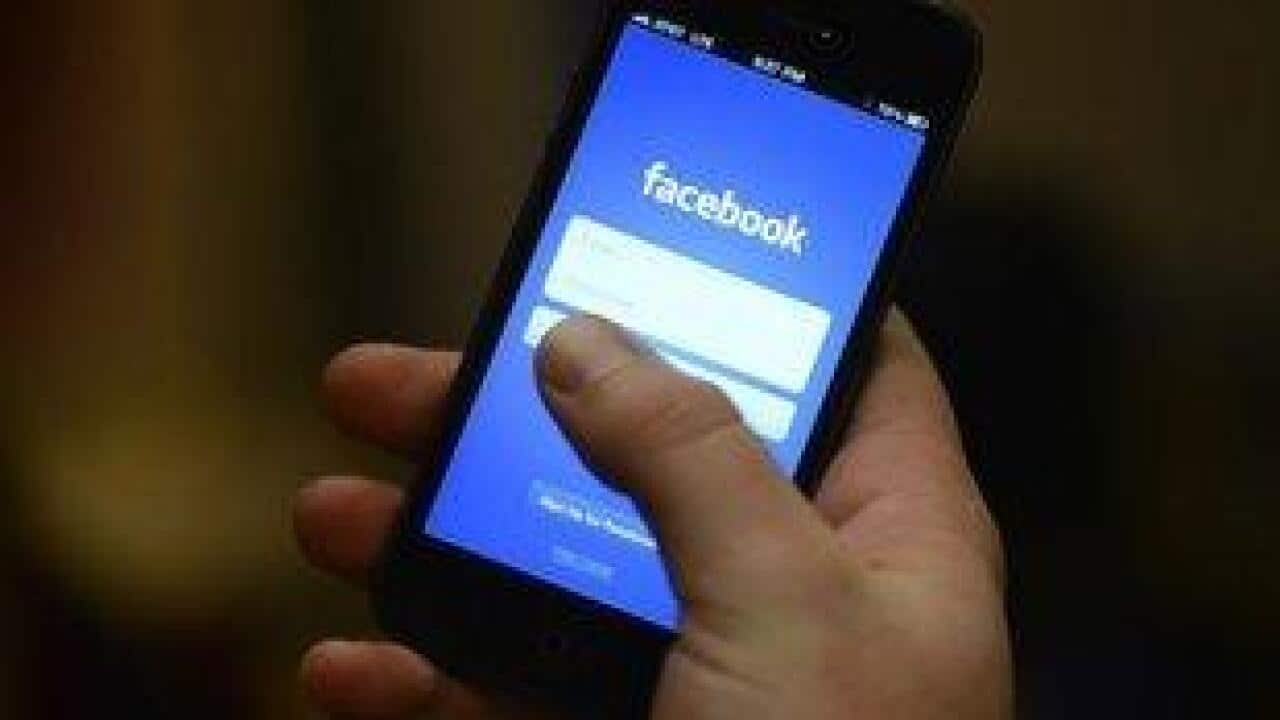A computer program that analyses your Facebook "likes" may be a better judge of your personality than your closest friends and family.
That's according to research by the University of Cambridge and Stanford University.
"In the future, computers could be able to infer our psychological traits and react accordingly, leading to the emergence of emotionally-intelligent and socially skilled machines," said lead author Wu Youyou, from Cambridge's Psychometrics Centre.
The findings also raise concerns about privacy, leading the study authors to call for policies that give users full control of their digital footprint.
The study used a sample of 86,220 volunteers on Facebook who completed a 100-item personality questionnaire using an app called "myPersonality". They also gave researchers access to their Facebook "likes".
The subjects' self-reported personality scores showed where they stood in terms of openness, conscientiousness, extraversion, agreeableness, and neuroticism - the five major personality traits.
Researchers found that a person's psychological profile could also be revealed by which pages they "liked".
For instance, liking "Salvador Dali" or "meditation" would suggest a high degree of openness, the researchers said.
The "myPersonality" app also allowed the users to invite friends and family to judge the users' psychological traits by taking a short, 10-item personality test.
More than 17,000 of the original group were judged by one family member or friend for the analysis, and more than 14,000 were judged by two.
The study showed that a computer could predict a user's personality better than a co-worker, based on just 10 Facebook "likes".
The computer was better than a friend or roommate at predicting personality traits given just 70 Facebook likes; a parent or sibling with 150; and a spouse after 300.
The study has been published in the Proceedings of the National Academy of Sciences.

